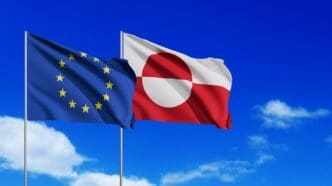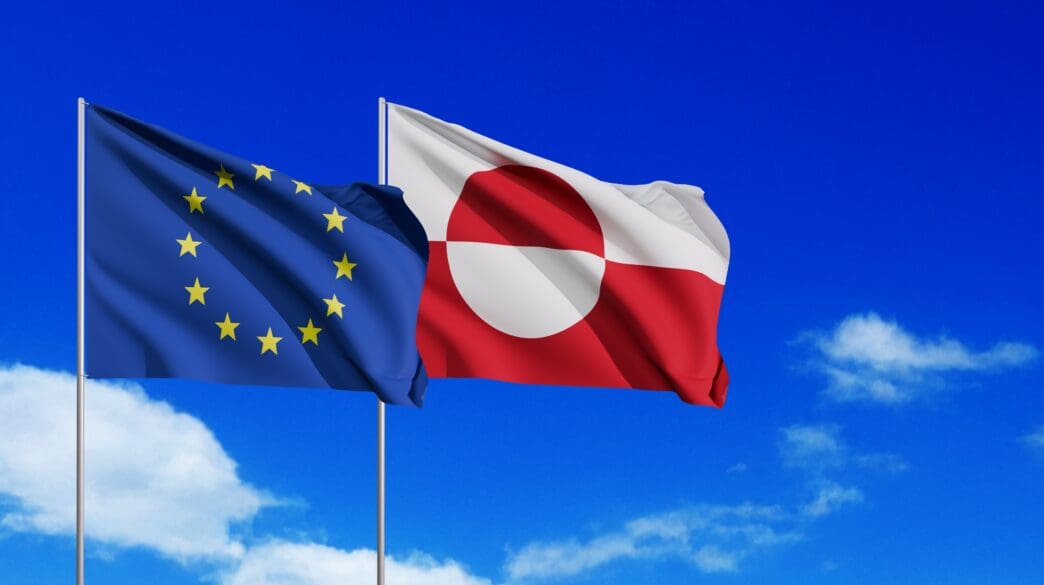Executive Summary
The Story So Far
Why This Matters
Who Thinks What?
Greenland is actively pursuing closer ties with the European Union, a move spurred by increased financial backing from the bloc and perceived as a direct challenge to President Trump’s past ambitions to acquire the Arctic territory. Premier Jens-Frederik Nielsen announced on Thursday, October 2, 2025, that the island nation intends to “expand and strengthen” its partnership with Brussels.
Geopolitical Shift in the Arctic
The decision by Greenland, an autonomous territory within the Danish kingdom but not a member of the EU, signals a significant geopolitical realignment. This pivot towards Europe underscores the growing strategic importance of the Arctic region, attracting interest from major global powers.
Increased financial support from the European Union is a key driver behind Greenland’s desire for a deeper partnership. This economic engagement offers an alternative to other international overtures.
Trump’s Previous Interest
The move comes after President Trump’s public interest in purchasing Greenland during his presidency, which was met with rejection by both Greenland and Denmark. The current development suggests a preference by Greenland for aligning with the EU’s cooperative framework rather than a transactional approach.
The Arctic holds vast natural resources and strategic shipping lanes, making it a focal point for international competition. Greenland’s strengthened ties with the EU could influence the region’s future political and economic landscape.
Future Outlook
This development highlights Greenland’s agency in shaping its international relations, balancing its autonomy within the Danish kingdom with strategic partnerships. The enhanced relationship with the EU could have lasting implications for regional stability and resource management in the Arctic.








